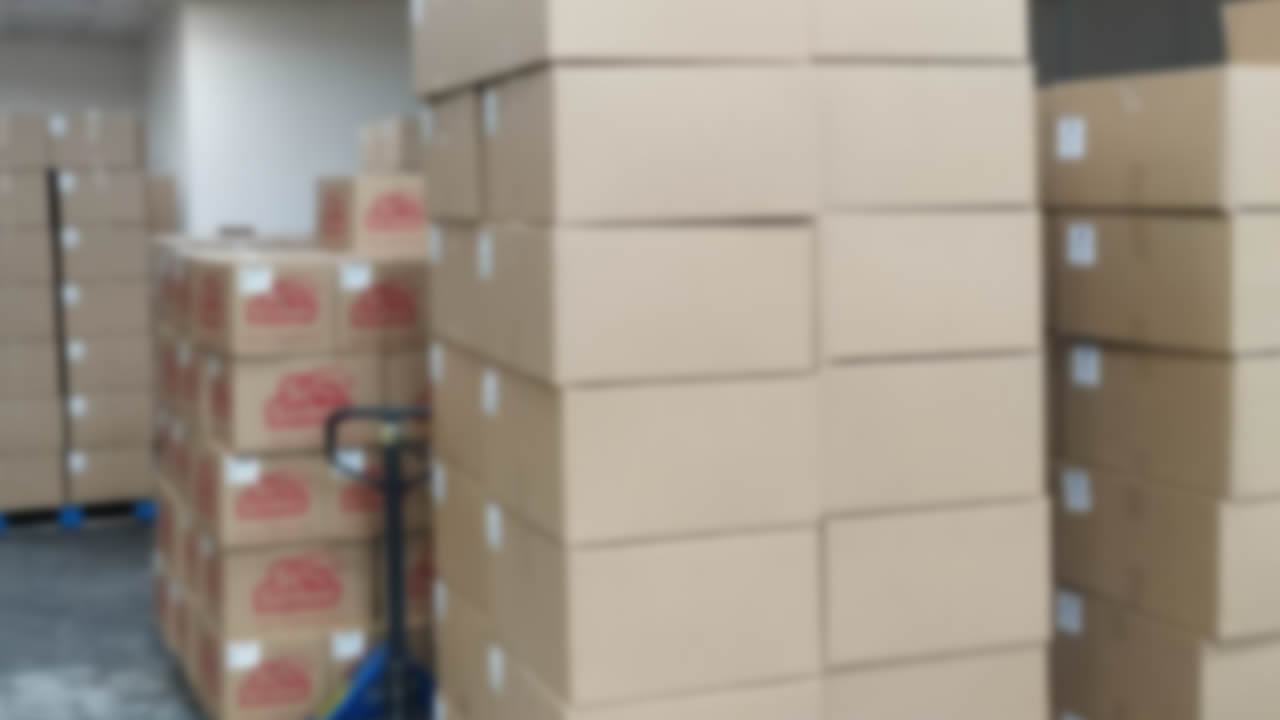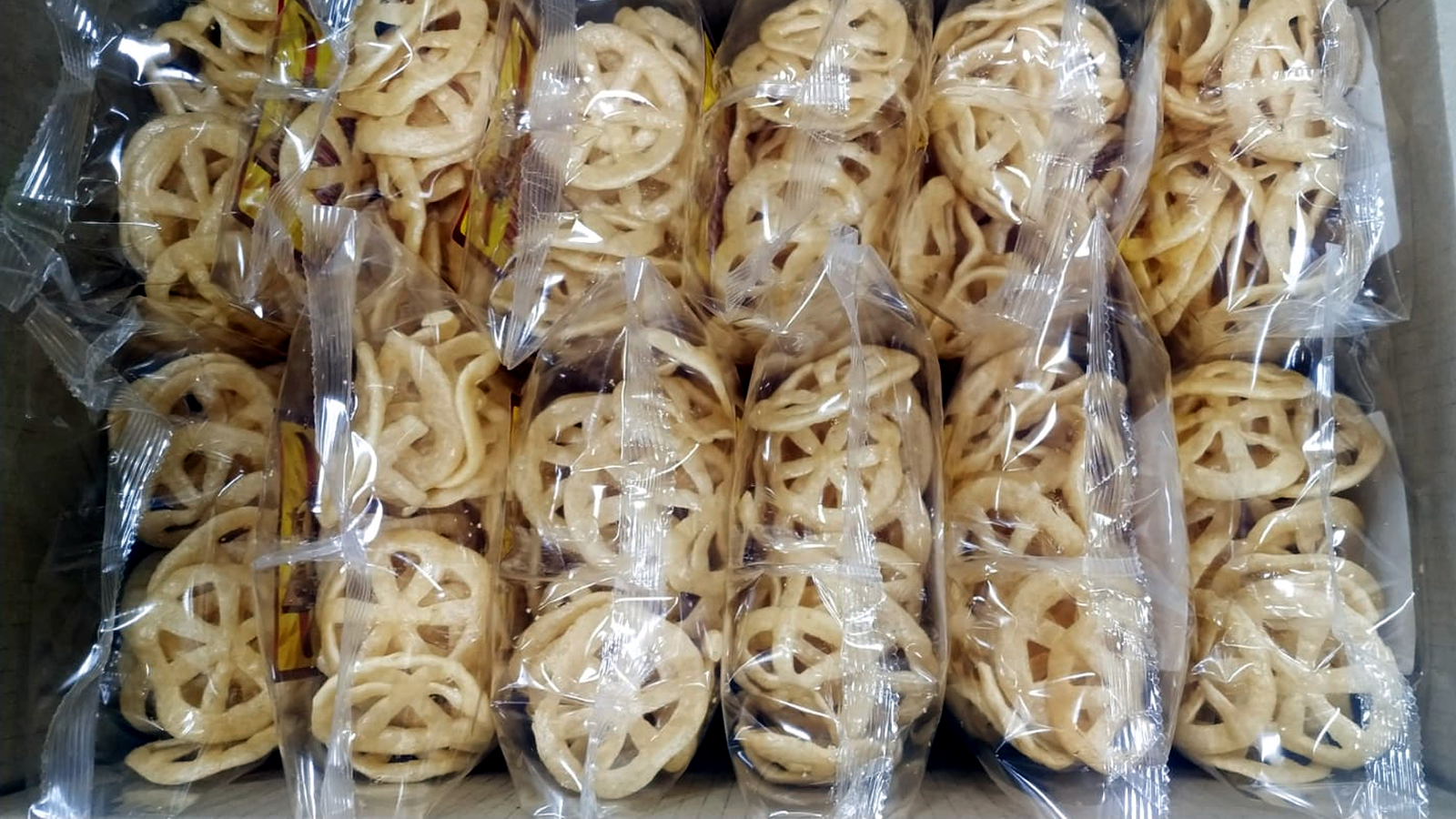What is Private Label?

Private Label?
A private label product is manufactured by a contract or third-party manufacturer and sold under a retailer’s brand name. As the retailer, you specify everything about the product – what goes in it, how it’s packaged, what the label looks like – and pay to have it produced and delivered to your store. This is in contrast to buying products from other companies with their brand names on them.
For example, Target sells a variety of branded snacks from companies like General Mills and Frito-Lay, but it also sell its own chips and crackers under the Archer Farms brand – Target’s private label brand.

Advantages
Retailers interested in filling their shelves with products featuring their brand name have good reason. Some of the biggest advantages of private label products include:
- Control over production - Third-party manufacturers work at the retailer’s direction, offering complete control over product ingredients and quality.
- Control over pricing - Thanks to control over the product, retailers can also determine product cost and profitable pricing.
- Adaptability - Smaller retailers have the ability to move quickly to get a private label product in production in response to rising market demand for a new feature, while larger companies might not be interested in a niche product.
- Control over branding - Private label products bear the brand name and packaging design created by the retailer.
- Control over profitability - Thanks to control over production costs and pricing, retailers therefore control the level of profitability its products provide.